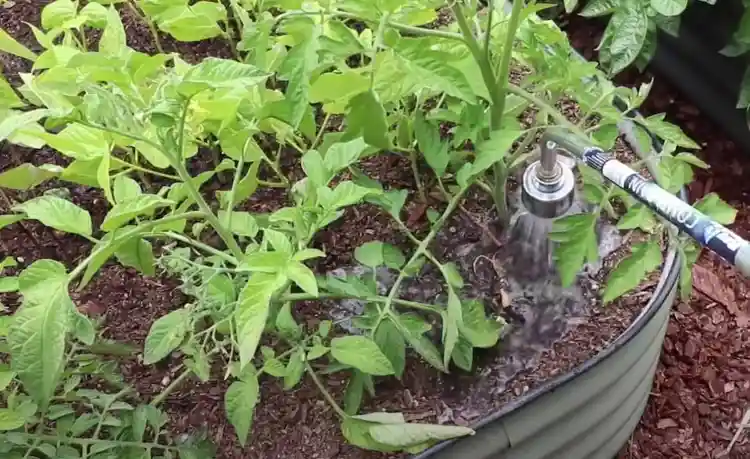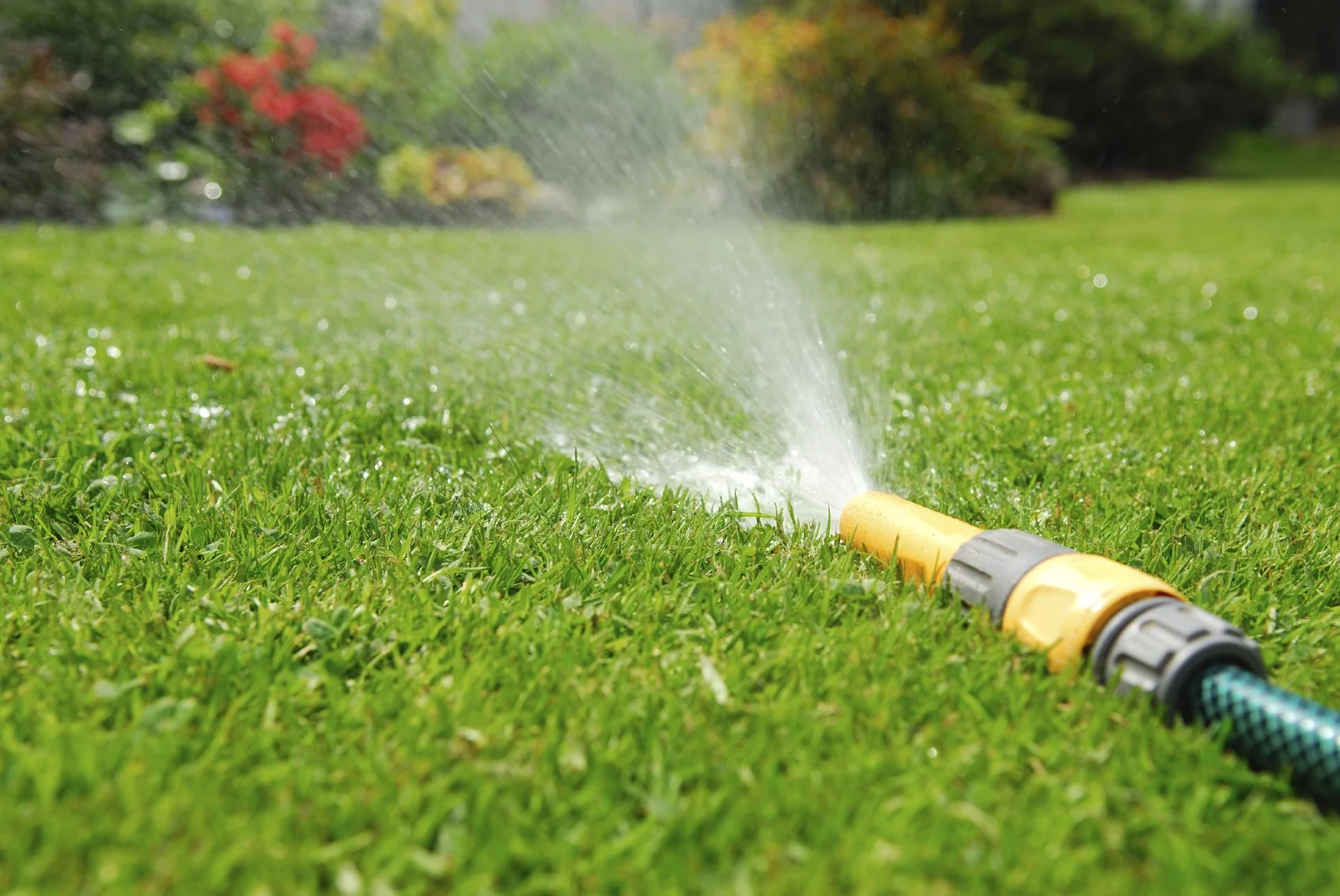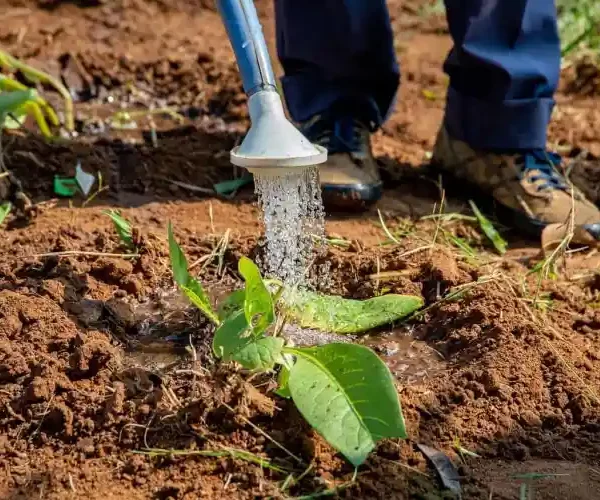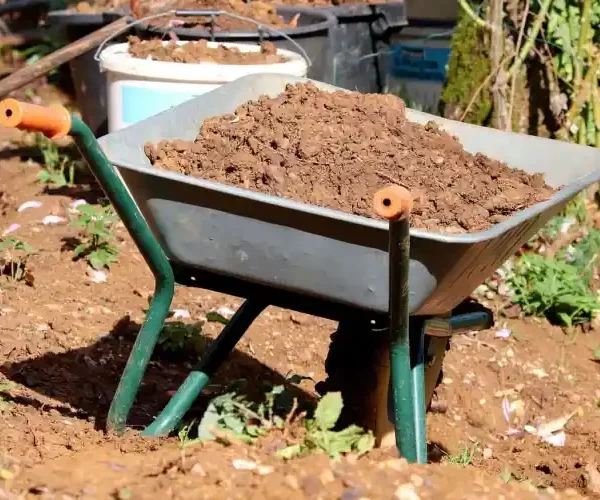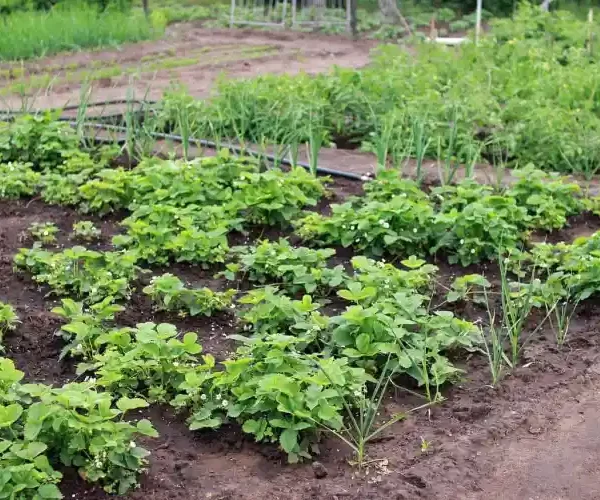Importance of Proper Watering in Hot Weather
Understanding Plant Needs
Plants have varying water needs depending on their type, size, and stage of growth. Understanding these requirements is fundamental to effective watering practices.
Effects of Hot Weather on Plants
Hot weather can lead to rapid moisture loss through evaporation and transpiration, stressing plants and affecting their growth and productivity.
Factors Affecting Watering Needs
Soil Type and Composition
Different soil types retain water differently. Understanding your soil’s composition helps determine how often and how much to water your garden.
Plant Types and Varieties
Different plants have different water requirements. Consider the specific needs of each plant species and adjust your watering schedule accordingly.
Effective Watering Techniques
Time of Day
Morning Watering: Watering early in the morning allows plants to absorb moisture before the heat of the day, reducing evaporation loss.
Evening Watering: Evening watering can be effective but avoid wetting foliage to prevent fungal diseases overnight.
Deep Watering vs. Shallow Watering
Deep Watering: Penetrates deep into the soil, encouraging deep root growth and resilience to drought.
Shallow Watering: Provides surface moisture, suitable for shallow-rooted plants or newly planted seeds.
Mulching
Applying a layer of mulch around plants helps retain soil moisture, regulate soil temperature, and suppress weeds, reducing the need for frequent watering.
Signs of Overwatering and Underwatering
Overwatering
Signs include yellowing leaves, mold or mildew growth, and soil that feels constantly soggy. Adjust watering frequency to prevent root rot and other water-related issues.
Underwatering
Symptoms include wilting, dry and crispy leaves, and soil that pulls away from the container or garden edges. Increase watering frequency or amount to revive plants.
Tools and Techniques for Efficient Watering
Drip Irrigation Systems
Drip irrigation delivers water directly to the plant roots, minimizing water loss through evaporation and runoff. It’s efficient for large gardens and reduces water waste.
Watering Cans and Hoses with Nozzles
Using watering cans or hoses with adjustable nozzles allows for precise watering, targeting specific areas and avoiding water wastage.
Environmental Considerations and Conservation Tips
Rainwater Harvesting
Collect rainwater in barrels or tanks for use during dry periods. It’s eco-friendly and reduces reliance on municipal water supplies.
Watering Restrictions and Guidelines
Adhere to local watering restrictions and guidelines to conserve water and comply with municipal regulations.
Expert Advice and Resources
Governmental and Horticultural Bodies
Consult resources from organizations such as the USDA (United States Department of Agriculture) or Royal Horticultural Society for comprehensive guides on watering practices.
Academic Experts
Refer to studies and publications by academic experts in horticulture and botany for in-depth insights into plant water needs and effective irrigation methods.
Conclusion
Watering your garden effectively during hot weather requires a combination of understanding plant needs, using efficient watering techniques, and conserving water resources. By implementing these tips and leveraging expert advice, you can ensure your garden remains healthy and vibrant even in challenging conditions.
Why is watering important during hot weather?
Watering is crucial in hot weather to prevent dehydration and stress in plants caused by excessive heat and evaporation.
How often should I water my garden in hot weather?
The frequency of watering depends on factors like soil type, plant type, and weather conditions. Generally, deep watering every few days is recommended over shallow, frequent watering.
What time of day is best for watering in hot weather?
Early morning is ideal for watering in hot weather. It allows plants to absorb moisture before temperatures rise, minimizing water loss to evaporation.
How can I tell if my plants are getting enough water in hot weather?
Signs of sufficient watering include healthy, vibrant foliage and soil that remains consistently moist but not waterlogged. Plants should not show signs of wilting during the day.
What is the best method for watering plants in hot weather?
Methods such as drip irrigation or soaker hoses deliver water directly to the roots, minimizing evaporation and ensuring efficient water use.
Should I water differently depending on the type of plants in my garden?
Yes, different plants have varying water needs. Some may require more frequent watering, while others, like succulents, thrive with less frequent watering in hot weather.
Can I overwater my garden in hot weather?
Yes, overwatering is still possible in hot weather and can lead to root rot and other water-related issues. It’s important to monitor soil moisture levels and adjust watering accordingly.
How can I conserve water while watering my garden in hot weather?
Mulching around plants helps retain soil moisture and reduces evaporation. Collecting rainwater and using efficient watering techniques like drip irrigation also help conserve water.
Are there watering restrictions I should be aware of during hot weather?
Many areas impose watering restrictions during hot weather to conserve water resources. Check local regulations and guidelines to ensure compliance.
What should I do if my plants show signs of stress despite watering them in hot weather?
If plants continue to show signs of stress, consider providing shade during the hottest part of the day, improving soil drainage, or consulting a local gardening expert for specific advice.
- Tennessee’s THC Beverage Market - June 5, 2025
- Top THC Infused Seltzers in Delaware - June 5, 2025
- Florida’s Hottest THC Infused Beverages - May 28, 2025

